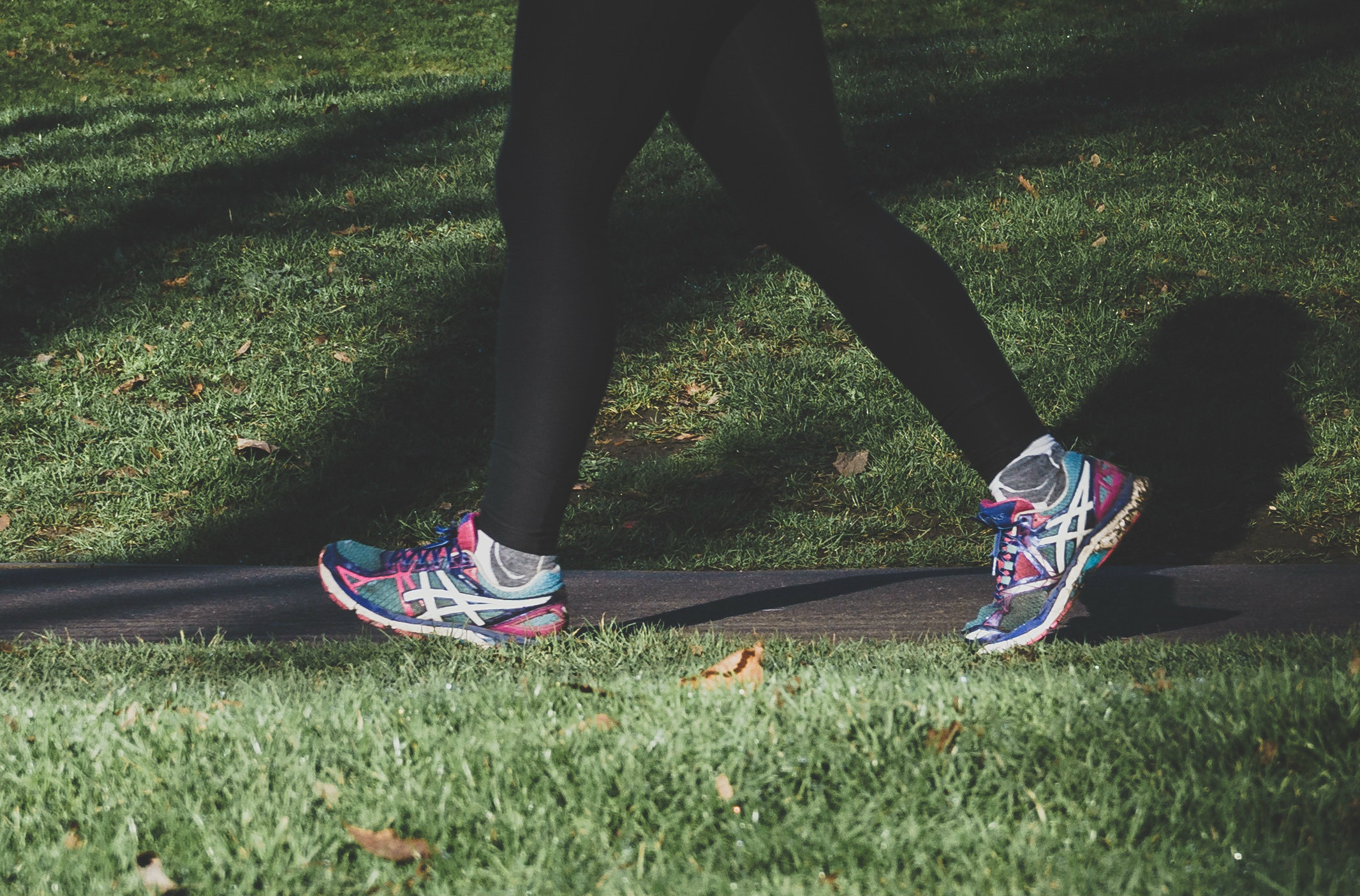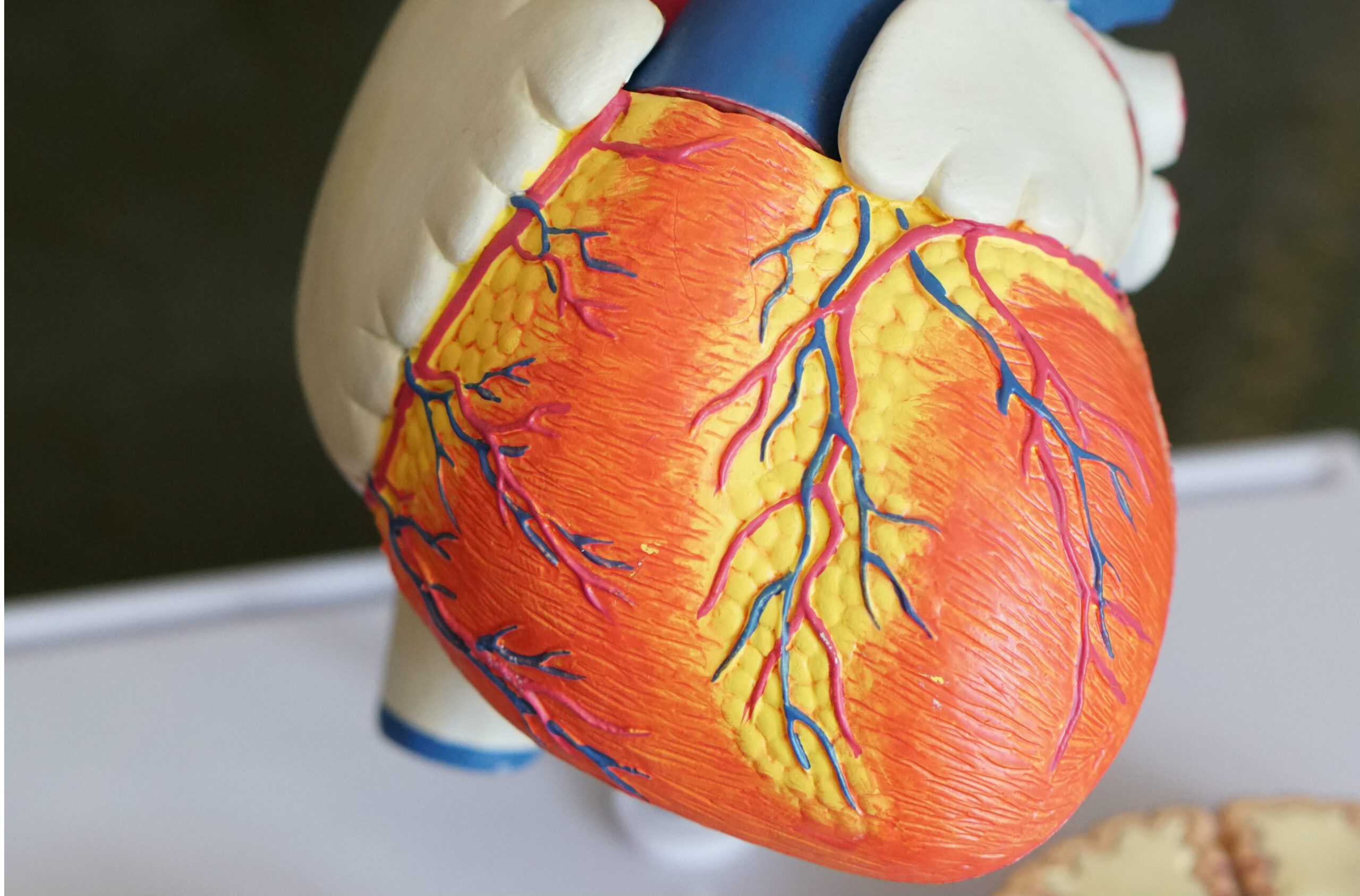According to a new study from Oxford and Yale (data from 1.2 million people), exercise is more important to mental health than having money. People who exercise regularly feel “bad” for 35 days a year, while non-exercisers feel “bad” an additional 18 days. Physically active people feel just as good as those who don’t exercise but who earn $25,000 more a year. Three to five…





























































